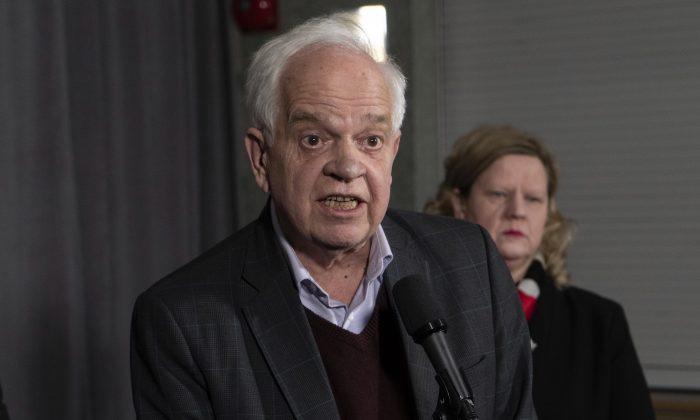Former ambassador to China John McCallum defended his comments that Huawei’s CFO Meng Wanzhou has a strong case to fight extradition to the United States, and that his legal arguments to help her “were okay.”
“I made some comments about how the burden of proof is lower for extradition cases, so that went against her. But I also commented on some of the legal arguments she might have, which I just picked up from the media. The case was not at that point before the courts, so I am not sure that what I said was inappropriate,” McCallum told the Special Committee on Canada-China Relations on Nov. 24.





